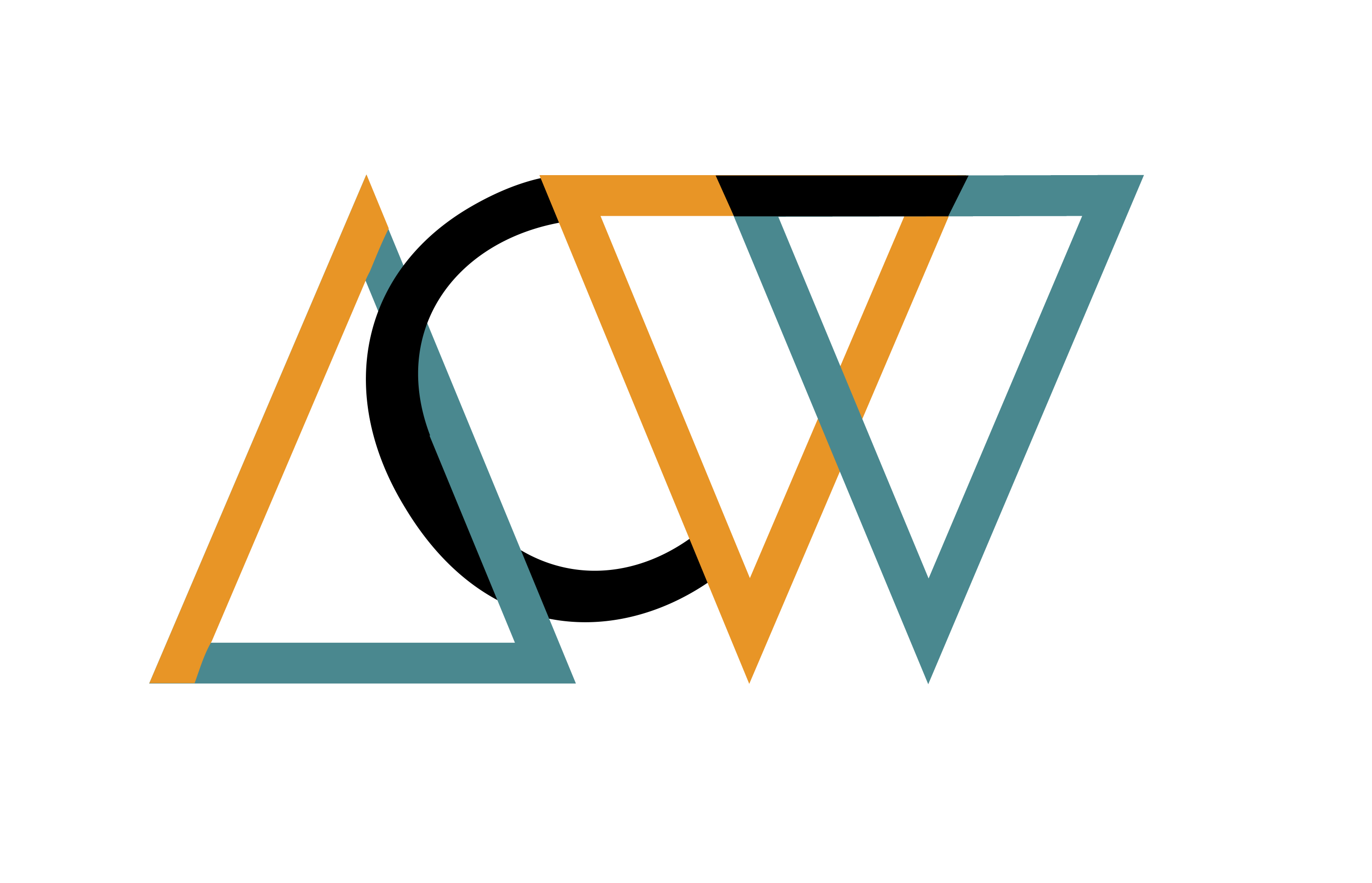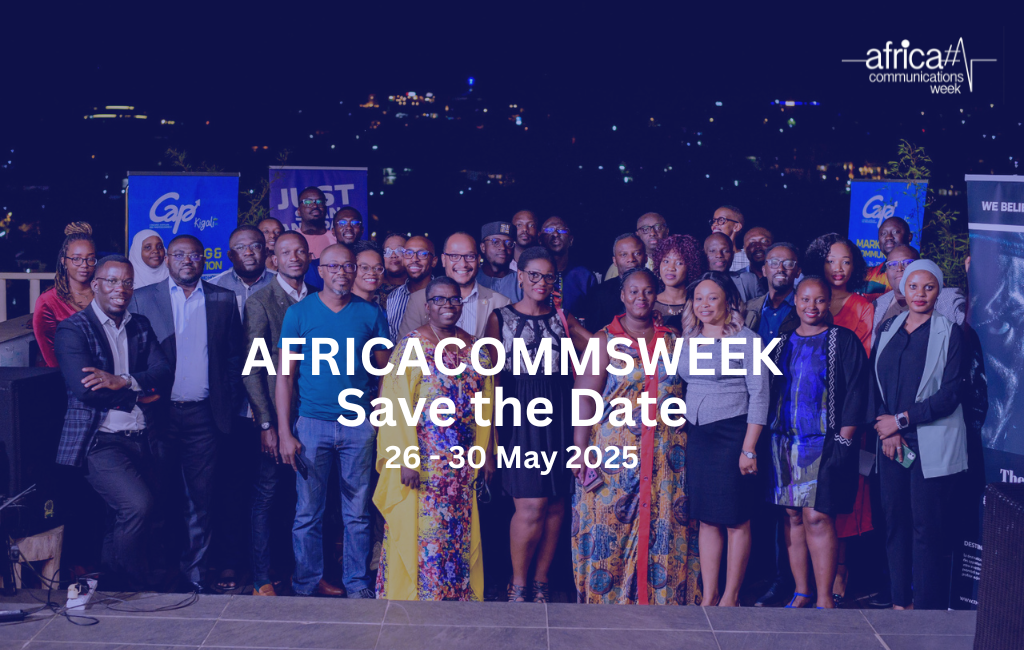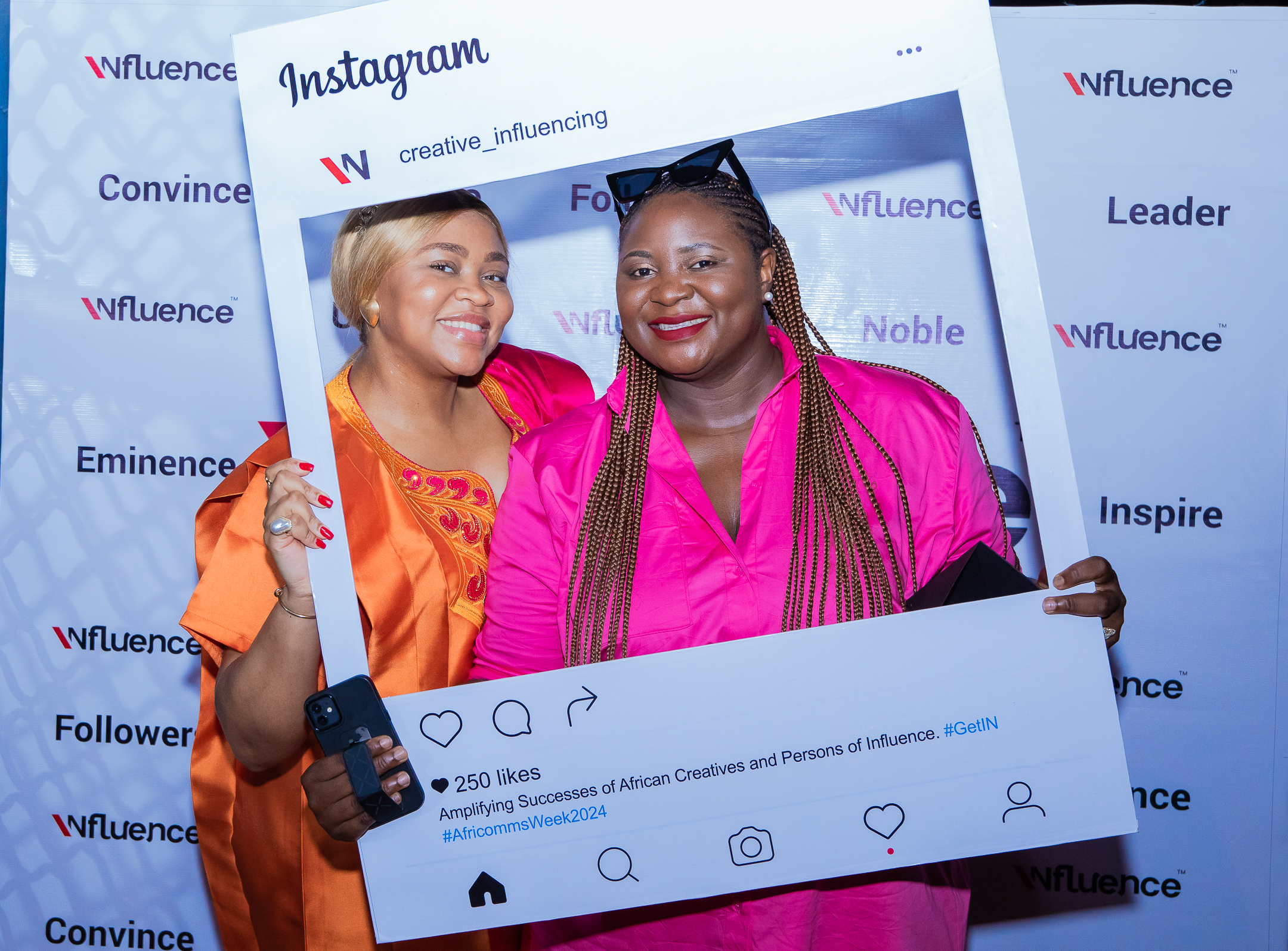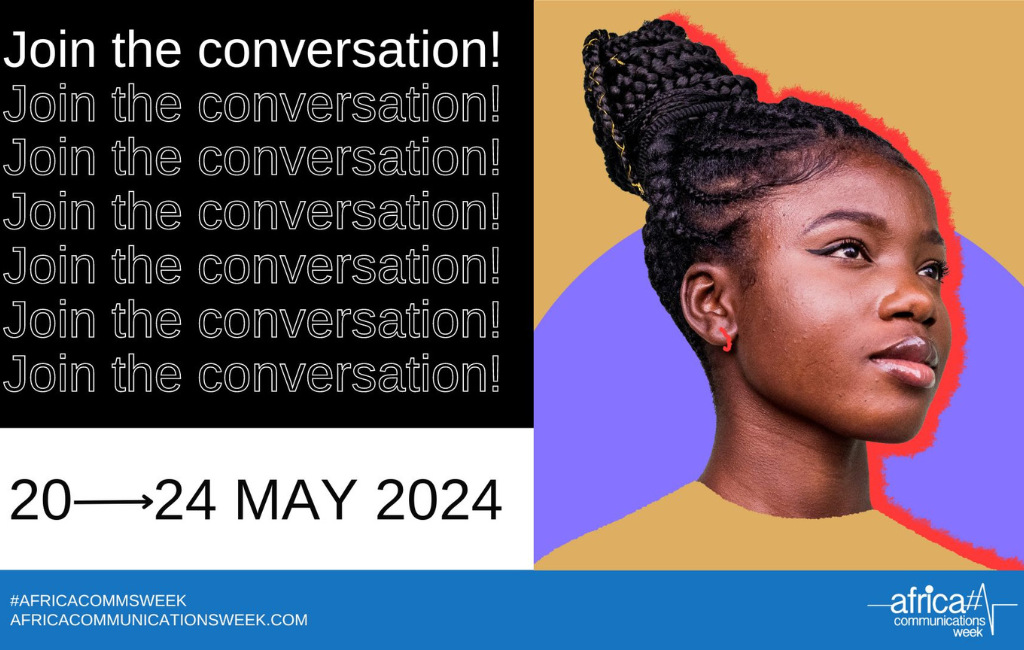by Ukwori Ejibe
Navigating the Corporate Communication Space – The Accidental Specialist
When I graduated from university years ago, I had a burning desire to become a neurosurgeon. I had taken an unconventional path to study economics with a minor in health because I was curious about access to health care in countries like Nigeria. This should have been a sign that my career path was truly unconventional. Today, I practice as a communications specialist in Nigeria.
Looking back, I have always approached my career as learning blocks. I examine what skills I need for my next step and this informs the type of jobs I consider. My decision to forego medical school was because I wanted to work for the Nigerian government to make and implement policies that will transform health and education. This led me to get masters’ degrees in Public Policy and Public Affairs.
Prior to my first full time role as a Communications Lead four years ago, I didn’t know much about the communications field. My exposure to media was from representing my job at that time on radio and television to promote my programs in youth leadership. I also helped my organisation open an Instagram page because I thought it was a platform that was critical for our work. When I decided to leave that role as a program coordinator, I was unsure of my next steps. A friend introduced me to the CEO of a company who mentioned that the only role available was for that of a communications lead. With little or no experience, she gave me an opportunity. For me, taking the role was my chance to try something new, overcome my fear of writing and hone my writing skills.

There were four things that helped me kickstart my journey into corporate communications; support from management, resources, LinkedIn and direct support from a specialist. On my first day of work, my boss gave me the Corporate Communications: Theory and Practice book by Joep Cornelissen and this served as my foundation course and guide. Short free courses online also helped me understand different communication practices. A helpful step I took was to reach out to corporate communications specialists in my LinkedIn network. I wasn’t afraid to disclose that I was new in the role and I was reaching out because I needed guidance. It was surprising and refreshing that a lot of experienced people were open to calls. Another important step my boss took was to introduce me to a PR specialist who I worked with very closely. I learned strategies and tips on how to manage the media, position my organisation and write impactful press releases. This was where I learned the most about the profession holistically.
My decision to pursue this career full time has been very difficult yet rewarding. Reflecting on my journey, I am not sure it could have happened any differently. Over time, I have become more comfortable and conversant with the different facets of communications. In my current role supporting a health agency in Nigeria, I focus mainly on strategic communications planning, internal communications and change management. I work in a sector I am passionate about, so it makes the job worthwhile for me.
This journey has taught me to accept failure as a necessary pathway to growth. It has reassured me that indeed humans can truly transform if they are open minded. I am discovering how to use my skills to amplify stories of positive change in my field of practice. Interestingly, I found out that having a sound professional background in communications is useful for a career in public affairs and policy. I believe this is my learning block for now preparing me for the next phase.
Even though I am not sure what challenges tomorrow will bring to my doorstep, I am excited to continue in this path, to keep learning, amplifying my voice and building my network in this space.





0 Comments